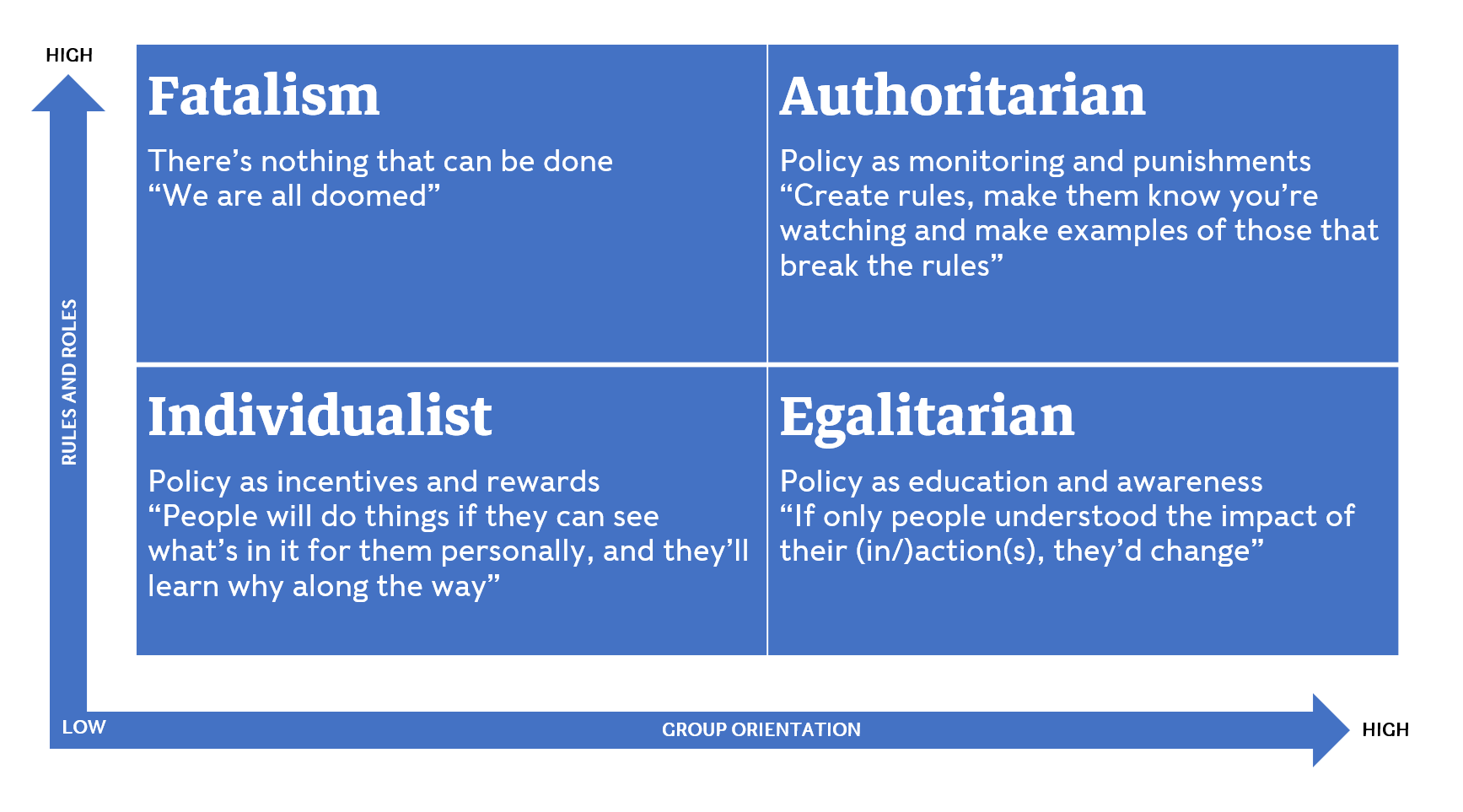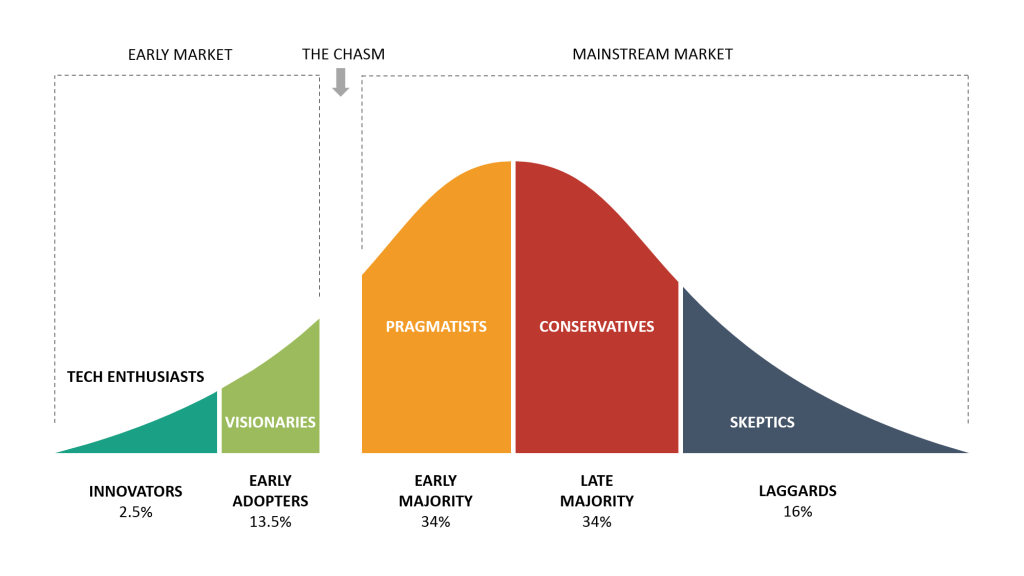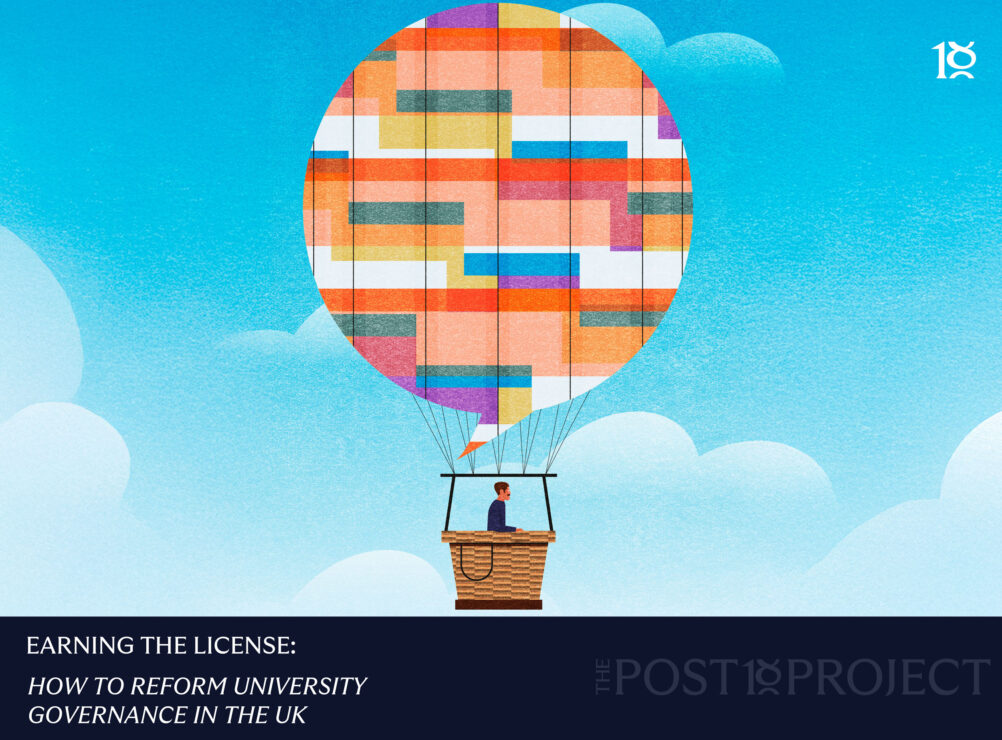Great news folks.
While you’ve been trying to discern the detail of the mask mandate that applies in Florence airport, I’ve been spending the summer roaming around campuses meeting, briefing and training this year’s crop of students’ union officers – and as a piece of public service, I thought I’d share my top seven observations and conclusions arising from these encounters here before the term really gets going again.
Meeting the year’s student leaders is always a fascinating experience – the priorities and manifesto objectives shift subtly, the language and lingo morph in ways that are sometimes hard to keep up with, and even the way of thinking about higher education appears to be shifting under our feet.
Usual caveats apply – not all SUs are the same, not all student officers share the same priorities and opinions, and student officers are in many ways the very opposite of “ordinary” students. Nevertheless, listening carefully to the class of Covid’s newly minted leaders for coalmine canaries has been an exhilarating process, particularly after being stuck in the attic for 18 months – and hopefully some of the below is of use to people working in and around higher education.
1. Outgoing officers
My handwritten tallies during election season point to a record year for diversity, with (in particular) what appears to be a record year for women being elected. And maybe I’m overreading what several lockdowns do to people, but this appears to be a less gregarious crop of student officers than usual – with quiet(er) analysis and curiosity replacing some of the concern for popularity and relationship building.
Maybe this is what happens when student officers get elected during a lockdown – with scrutiny of pledges and careful readings of commentary replacing dressing up as a Penguin (because it rhymes with your surname) and hanging around F Block shoving leaflets into students’ faces.
Either way, the officers I’ve met represent more of the diversity of the student body than I can ever remember, are very keen to work with others to intensify that diversity in the future, and are much more thoughtful about what is going on in their university and the sector more generally than I usually come across.
More than that – their acceptance of diversity as utterly normal in many ways challenges a sector that still has a dominant culture of assuming a “normal” (white, young, away from home undergraduate) and then applying an almost never ending set of sticking plasters to everyone else.
2. Redressed up for work
One of the most remarkable aspects of the tour has been the number of full time student officers – including those that will serve on senates/academic boards and councils/boards of governors – that have live, unresolved complaints in their university’s systems that have been going on for months.
On one level surely someone senior has a quiet word to make sure that complaints featuring these people are prioritised!? Meetings will be fun!
Even more remarkable though is the number who, on the face of it, ought to have a viable complaint in the system, but who had no idea that a university can’t just drop everything practical or ditch half the available modules at the last minute and say “well pandemic”.
A very large proportion seem to have horror stories about what happened “on the ground” to them or their friends and they’ll be looking to share those stories, and for resolution of those concerns, in the year to come.
I’m also struck when they reflect on the initial conversations they’ve had with senior people that they report – with notable exceptions – a lack of curiosity shown about the experience they had as students. Trust me when I say that it’s valuable information, more interesting than “what are your priorities” and anyway, surely senior types crave that kind of intel?
3. Blending to their will
I can’t stress enough how tainted the phrase “blended learning” has become with these students. There’s a confluence of reasons for that – some is about raw association with the worst aspects of the pandemic and its lockdowns, more is about the disappointing reality of “blended” last September and October when compared to the (re)assurances given this time last year.
I won’t rehash the whole “blended” debate again here, but it is worth noting that when I’ve been back through all my notes of reading qual, DMs, emails and conversations with student officers, one thing that jumps out is about being taught “by” people.
By which I mean the humanities student doing four concurrent modules (each with a lecture and seminar) that will now experience the lectures as pre-records, and whose seminars are facilitated by PhD students have good reason, I think, to argue they’re not really being taught “by” academic staff at all.
Once you hit the sorts of staff-student ratios on some courses, it was always a bit of myth that you were being taught “by” X or Y – but for the student leaders I’ve talked to, box setting appears to break the spell once and for all.
Whether we like it or not, students are going to ascribe more value to a stage play only delivered once a year than a movie on Netflix, and they’ll definitely ascribe more value to a play delivered once a year than someone muttering a script into a webcam in a badly lit office with a crap microphone.
It also further undermines the scarcity myth. One of the things higher education is “selling” is exclusive, fairly rare access to people and things on a “course”. If we goose / golden egg that too far by stretching the sharing beyond credibility, it’s like the Truman show – they’ll realise.
4. Compare and contrast
The biggest driver of student dissatisfaction that I come across again and again is differences in the way that students are treated where there isn’t an obvious pedagogical justification.
Never has this been more vivid than for the Class of Covid’s student leaders.
We first saw the impacts of a student body that couldn’t immerse in its own social bubbles back in April 2020 when hyper connectivity and comparison both across courses in a university and across universities around the country caused a wave of demands of demands for “no detriment” policies to take both universities and their SUs largely by surprise.
The legacy of that is an unusual interest in what I might call “consistency”. All academics, students, courses and providers are different. But to quote one earnest education officer, “how is it allowed or tolerated that one module leader can return your email in a week and another six – and nobody even says sorry”.
There’s renewed interest in the courses that subsidise other courses, and deep cynicism about approaches that seem to be about “setting principles centrally” and devolving the detail, and as such, a really smart thing to do as September approaches is to imagine several different students at a university and compare what they’re about to experience. It’s an easy way to work out where comparisons will bite and an obvious problem if you just don’t know.
5. You have got to be joking
Part of the process of becoming a student officer is that the closer they get to power, the more the curtain is pulled back – and the smoke and mirrors of Oz are revealed to be less magical than they looked.
For many, the realisation that the people with the big offices and fancy titles are often experiencing the same level of imposter syndrome and feelings of powerlessness as them (albeit with less salary and more social media abuse) can be horrifying – for others deeply reassuring. But every year I come across one or two “shock” threads – things that they just can’t believe persist inside the culture of universities.
Two feature in my notes. The first is people they’ve come across that appear not to have noticed how literate and lucid students are now about their (and others’) mental health. Sometimes this manifests in bumbling, self-deprecating misunderstandings (where wellbeing literacy is treated like programming a video recorder) – in other cases we’re looking at deep shock that “people can be in charge of so many students and just not get it.”

In the exercise I run about influencing behaviour collectively, this is a record year for solutions appearing in the “authoritarian” box when it comes to other students, academics or universities in general. Maybe that’s what happens after 18 months of draconian lockdowns – but I sense it’s more about impatience as progress on the some of the major agendas – EDI, curriculum decolonization, harassment, mental health and academic support enter the difficult “OK what are we going to do about the laggards” phase, better known as the “no I don‘t think an optional training course will work” phase.

The related, but broader thread of derision is the lack of a plan or any meaningful monitoring behind big policy issues at many universities. “I asked what the actual plan was to close the gap and I was told to discuss that ‘offline'” and “the target is two weeks but they never publish the data” are the sorts of comments that have come up with fascinating regularity. This feels like a generation of officers looking for delivery consistency rather than endless debates in meetings about meaning or causes.
6. Activism over education
While it remains the case that people tend to position students as “active partners” or “passive consumers”, I sense a different kind of attitude emerging that I might characterise as “activist consumers”.
I don’t so much mean “activist consumers” in the way it’s been used in other sectors, where consumers agitate for sustainability or ethical supply chains, although there’s some of that. I mean students talking about where their money goes, or getting what they paid for, or demanding a better “service”, and displaying anything but passivity in the way they intend to secure it.
It’s an approach I think we might argue has been popularised by Martin “Money Saving Expert” Lewis, who specialises in helping the ordinary consumer “take on” the big firms when their rights are being attacked or when they’re being treated badly. Martin is of course a former SU Officer – LSE students’ union in the mid 1990s.
This isn’t, by the way, about expecting to get marks without putting effort in or lazy snowflakes demanding a First. It is about people responding to emails, tackling pockets of manifestly poor teaching and reducing wait times to see mental health triage. This is the most interested in education – its regulation, its economics and the system that underpins its delivery – I can ever remember SU officers being. Increasingly, it feels more and more like they want students to be treated like humans in a mass higher education system – which will need more than pockets of goodwill and a policy review, and much faster feedback cycles than the NSS.
7. Reach out
Finally, I can’t overcook just how worried they all are about learning loss, grade inflation and mental health – both for incoming students and for continuing students – and I can’t pretend that this group believes the sector is “across” the problem properly. Now clearly there’s a handful of good practice floating around – but this isn’t a sector that finds it easy to deal with student underprearedness at the best of times, and this isn’t the best of times.
Projects that, even at this late stage, seek to rebuild shuttered clubs and societies, keep a close eye on early student progress, are focussed on making friends, deliver academic support, identify IT needs, monitor early mental health and attempt proactive “reaching out” to students who might miss out on social events or knowing how to get support are going to get a warm reception.













